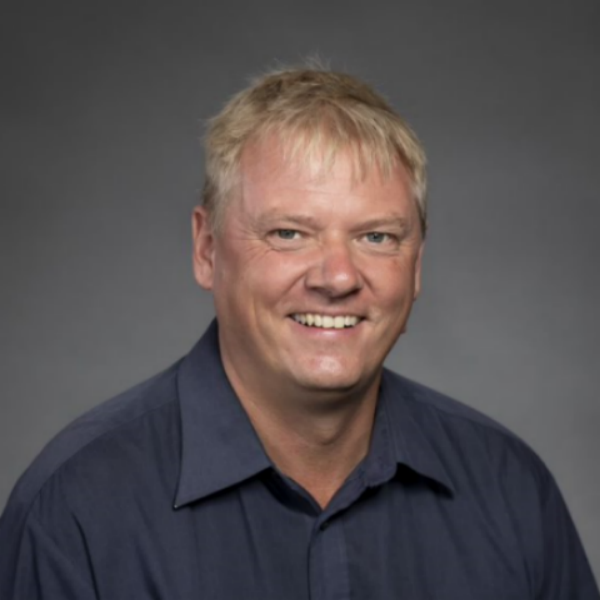Welcome From the Chair
The science of our planet (and others) has been taught at Texas Tech University since 1926. Although the content of our programs has changed over the years, a constant maxim has been the provision of educational opportunities, with particular emphasis on applied science and field methods. As we approach the Centennial of the University (2023), and completion of our own “first 100 years” (1926) the Department is preparing for a generational-pivot that will construct a framework in which our faculty, researchers and students can be leaders in industry, academic and society into the middle of the 21st Century.
Amongst the many exciting developments the Department will receive state-of-the-art teaching space in new Academic Sciences Building scheduled for completion in 2023; the same building will house new shared and individual-faculty research laboratories. Thanks to the generosity of our alumni we have established new scholarship funds to support students enrolled in field-oriented courses, including Field Camp, which remain a hall-mark of our programs, and, our graduate programs continue to recruit students from across the nation and around the world, who move on to employment in a broad swath of sectors.
As the Department embarks on its next round of strategic planning it will keep the following goals front and center of its vision:
- We will provide first-class education for all students by offering a well-balanced curricular that integrates innovative classroom based activities, with field- and experiential learning opportunities that prepares them for successful careers.
- Our research will address fundamental and applied questions of Earth System Processes, that recognize the societal challenges of the 21st century, and contributes to enhanced understanding of the Earth-Human nexus and its significance for sustainable resource management, adaptability and responsiveness to climate, and sustenance of life through the distribution of resources (e.g. soil and water) and land-use.
- We will recognize that excellence is diverse and we will actively recruit, integrate and build collaborative research teams and student cohorts that maximizes the potential and ingenuity of the human spirit.
We encourage prospective students and visitors to explore the breadth of research and educational opportunities offered through the department, and to reach out with questions about our programs, infrastructure and research.

Department of Geosciences
-
Address
Department of Geosciences, 1200 Memorial Circle, Lubbock, TX 79409-1053 -
Phone
806.742.3102 -
Email
geosciences@ttu.edu
